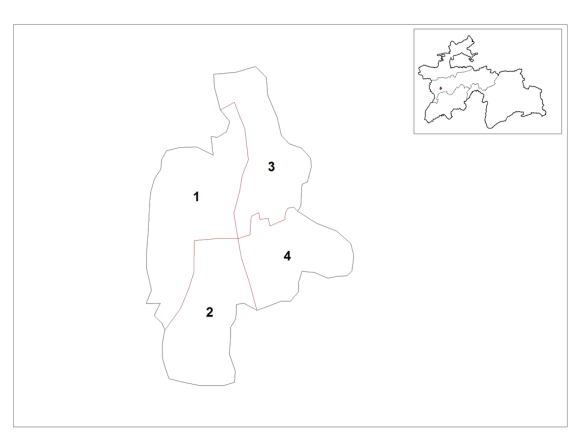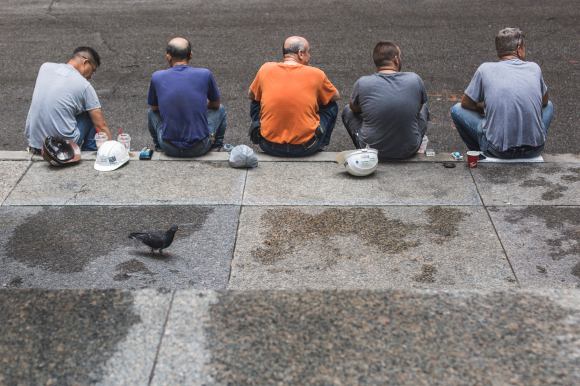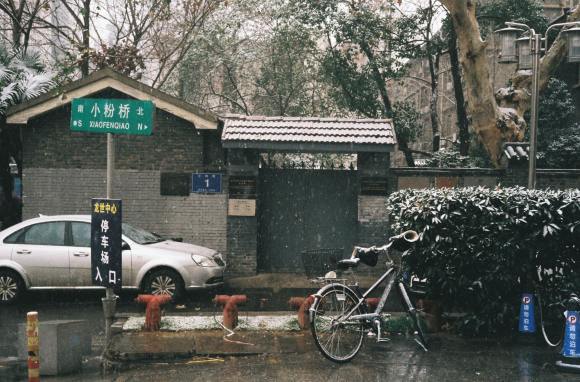Over 50% of the migrant workers have < ¥50K (ca €6,310) in their bank accounts, having worked in PR China’a urban agglomerations for 15+ years. Slightly over 15% of 295M Chinese migrant workers have no savings whatsoever.
A study by Anhui Normal University, the only university in Wuhu, Anhui Province to accept foreign students shows that it’s often not the case in the PR China.
86M of Chinese migrant workers are of the first generation — born before the 1970s meaning they are now of the retirement age. From the mid-1980s onwards they moved en masses to PRC’s major cities and contributed to their development with their labor.
Rural dwellers had been granted permission to seek work in Chinese cities following the Cultural Revolution (1966-76) after Chairman Mao’s death.
Wuhu, a city on the southeast bank of the Yangtze River, ca 90 km southwest of Nanjing, is the 2nd largest economy in Anhui, after the provincial capital city Hefei; and the Yangtze River’s 5th largest port. With 1,232,727 vehicles produced in 2022, Wuhu-headquartered Chery Automobile Co. Ltd is PRC’s 9th largest auto manufacturer
Citing safety reasons, numerous cities in PR China have banned men aged 60+ and women 50+ years old from working on construction sites. Over 63% of migrant workers have never been to a healthcare facility in the urban area where they work in China and 58.5 % prefer to endure sickness and injuries.
They avoid medical care when needed, due to concerns about losing their jobs and the high cost of healthcare in the cities why they work.
With 40% of the first-generation migrant workers employed on PRC’s construction sites and 18+ % working in factories, 20% of the second generation migrant workers managed to get to a higher social class than their parents.

Most kids of the first-generation migrants droped out of school early, with less than 20% admitted to universities with wedding expenses sometimes equalling several years’ of their salary.





































